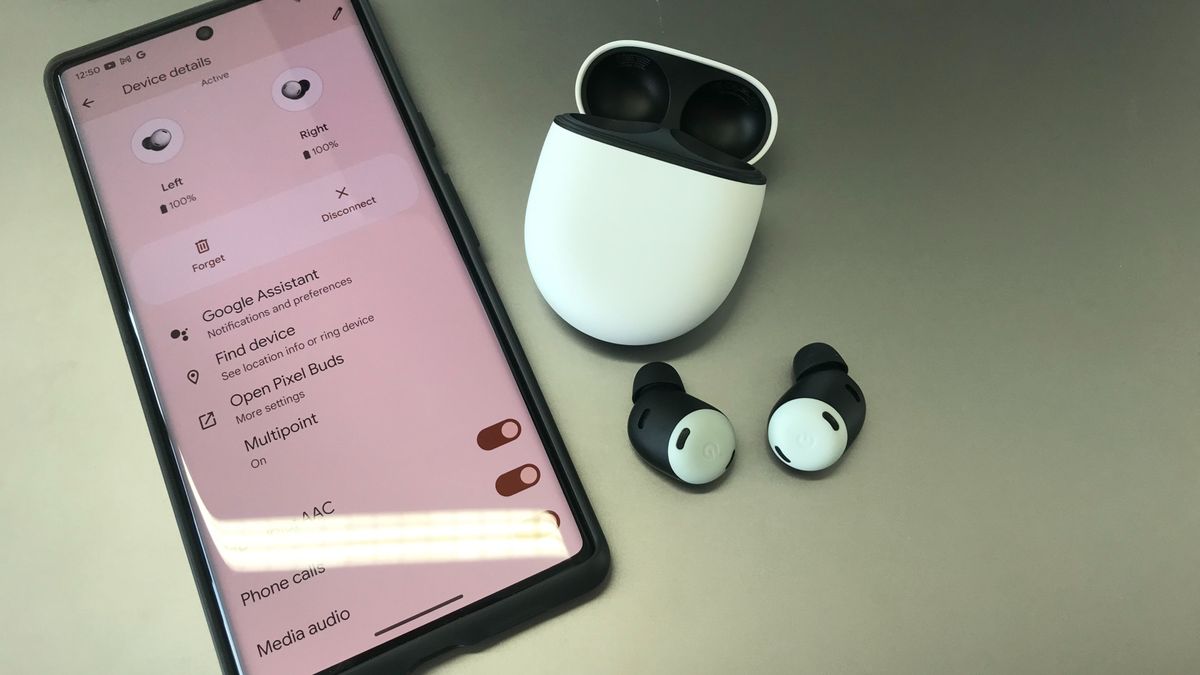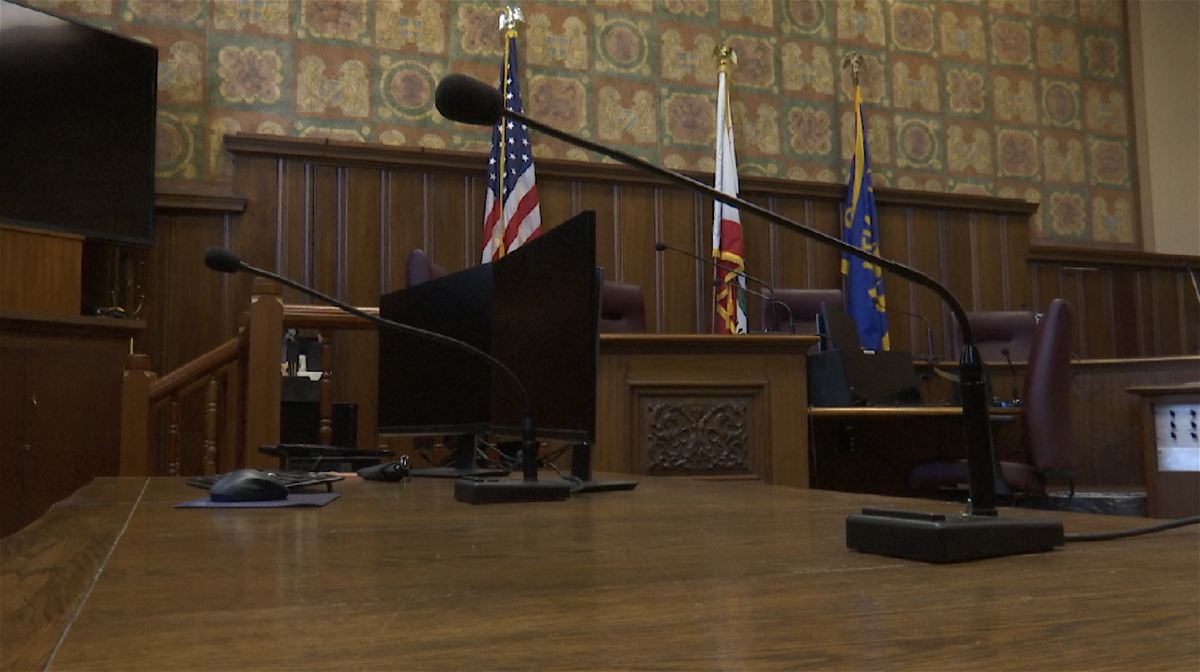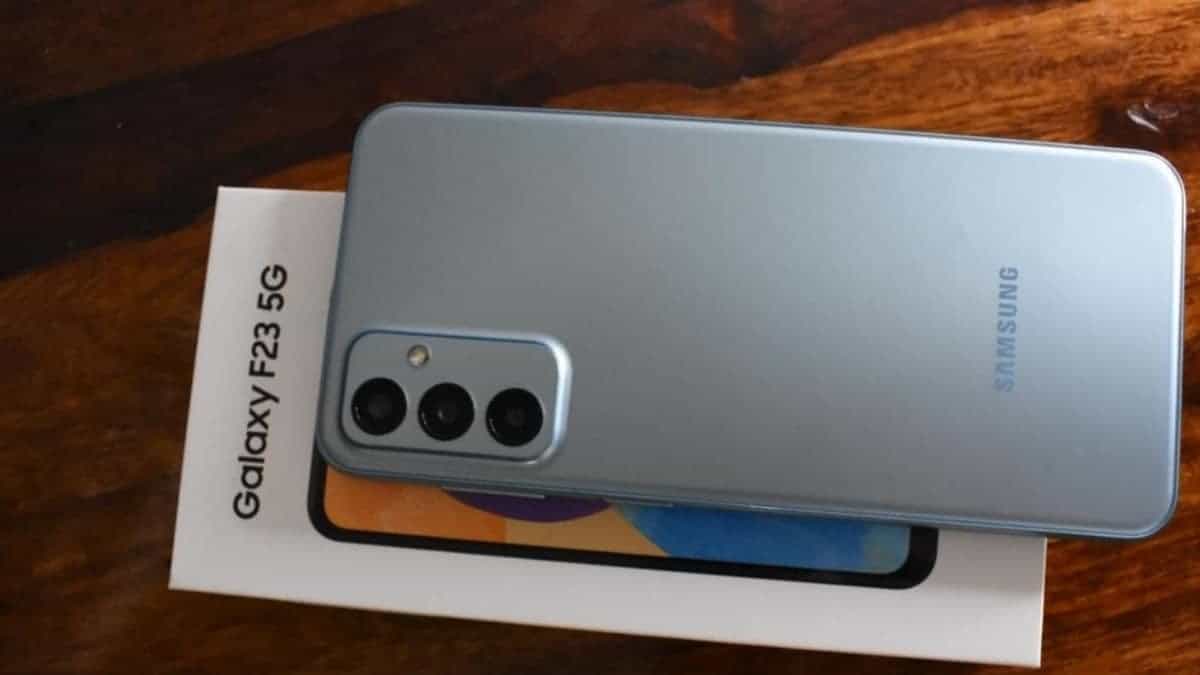Frictionless retail expands in onsite environments

Despite Amazon’s recent closing of eight Amazon Go c-stores in three major metro areas, the growth of frictionless retailing is not expected to diminish any time soon. In fact, at the same time it was shuttering those stores in Seattle, New York and San Francisco, it was finalizing a deal with mobile credential and payment solution vendor Transact Campus that will facilitate the opening of Just Walk Out technology integrations on more college campuses.
Granted, these won’t all be at Amazon branded stores—the technology also can be used by third-party retailers—but it does highlight the expansion of frictionless checkout technology in a major onsite market.
In an era where customers are looking for more convenience even as operators struggle to staff traditional outlets in a viable way, frictionless retailing, where customers simply take what they want and leave while automatically being charged for the items they take, has been growing, especially in enclosed public environments like airports and sports/entertainment venues. Now, colleges are poised to join the trend in a major way, followed by other onsite markets like workplaces and hospitals.

Last fall, Aramark opened two autonomous, checkout-free Drink Mkt locations at Capital One Arena in Washington DC and portable versions of the concept at Canadian Tire Centre in Ottawa in time for the opening of the 2022-23 NBA and NHL seasons.
Unmanned retail has been around for most of this century in the form of micro-markets—automated retail spaces with controlled entry located in enclosed environments like restricted-access office buildings and staff-only hospital floors. In the typical micro-market, the customer base was confined to onsite staff with valid ID and often operated only in off-hours to provide a convenient food and beverage service that’s a step up from vending. Customers still had to check out and pay at an automated terminal before exiting with their purchases.
Modern frictionless retail technology employing artificial intelligence (AI) expands the market for such unmanned outlets to public spaces, though access to the store is restricted to those who have registered a payment method—either a commercial credit or debit card, or a mobile platform like ApplePay or Amazon One.
Customers then walk in, browse, make their selections and exit. AI-powered sensors and cameras document what they take and charge them accordingly, sending an electronic receipt. An outlet in an apartment complex store embracing the technology won Aramark an FM Best Concept Award back in 2020.
For environments where customers are in a hurry and the prospect of extended wait times to make purchases discourages sales—such as airports and sports venues—frictionless retail offers the potential for more transactions and increased customer satisfaction without the need to employ onsite staff except to replenish shelves and inventory—and even that is facilitated by the AI, which tracks stock levels in real time.

Four Zippin Lane single-lane frictionless store units opened last fall Allegiant Stadium in Las Vegas, home of the NFL’s Las Vegas Raiders, resulting in increases in sales, speed of service and even product SKUs offered.
For instance, American Express recently reported that during the recent NBA All-Star Game in Salt Lake City, customers spent an average of 87 seconds in Vivint Arena’s Shop at Vivint store, which uses frictionless walk-out technology from tech vendor Zippin. Over the entire All-Star weekend, the average visit for customers—who had to be AmEx cardholders—was just 96 seconds.
With labor scarce since the pandemic, sports venues have increasingly turned to frictionless retail to augment traditional concessions operations. Last fall, a number of NFL stadiums, at least one major college football stadium, as well as a number of NBA and NHL arenas debuted checkout-free retail outlets, and this coming Major League Baseball season is expected to see even more as the technology becomes more mainstream and vendors compete for market share and high-profile clients. Recently, convention centers have joined the trend. For example, Sodexo Live! debuted autonomous store technology from vendor AiFi at the Salt Palace Convention Center in Salt Lake City just in time for the NBA All-Star events the facility hosted in February.
On college campuses, automated stores began cropping up several years ago, motivated by the need for touches solutions in a pandemic-infested environment. More have opened since, including a cashless campus grocery store, at the University of Denver that was the first step in a major initiative by Sodexo in partnership with tech firm AiFi to bring frictionless retail to client campuses. Meanwhile, Chartwells, which opened a retrofitted frictionless store at the University of Houston back in fall 2020 in partnership with tech firm Standard AI, is looking to open a hundred such outlets on campuses.
Workplaces are also a natural for frictionless retail. For example, Microsoft installed a Zippin powered [email protected] Store in its FM Best Concept Award winning One Esterra food hall complex while one Canadian grocery distribution center has a frictionless grocery to make shopping quick and convenient for employees.







